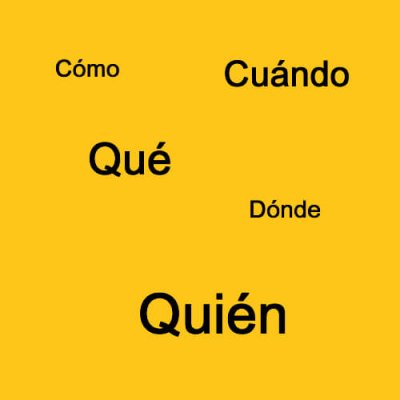 To switch means to change. Consequently, if we speak of the commutative property of a mathematical operation, this means that in this operation it is possible to change the elements that intervene in it.
To switch means to change. Consequently, if we speak of the commutative property of a mathematical operation, this means that in this operation it is possible to change the elements that intervene in it.
The commutative property occurs in addition and multiplication, but not in division or subtraction. Thus, if I add two addends changing their order, the final result is the same (20 + 30 = 50, which is exactly the same as 30 + 20 = 50). The same happens if I add three numbers or more. In relation to multiplication, the commutative property also holds (30x10 = 300, which is the same as 10x30 = 300).
In popular language it is said with some frequency that the order of the factors does not alter the product, that is, it does not affect the final result. This colloquial expression is applicable in those contexts in which we can change the order of something and this change does not affect the objective we want to achieve (for example, when it is indifferent to start placing something starting from one place or another). What is interesting about this way of speaking is the fact that it implies a mathematical dimension of reality, specifically the commutative property.
Properties of addition and multiplication
These two operations have three properties: commutative, associative, and distributive. The first is already demonstrated in the previous section. As for the associative property, it comes to say that the order in which an addition or multiplication is carried out does not change the final result, in such a way that (6 + 4) + 5 = 6+ (4 + 5). The associative property is equally true for multiplication. As for the distributive property, it refers to the combination of addition and multiplication, in such a way that 7x (4 + 5) = 63, the same thing happening if we distribute the numbers in another way (7x4 + 7x5) = 63.
Other areas of application of the commutative property
 The commutative property is not exclusive to the world of mathematics, since it also manifests itself in logic, specifically in propositional logic. In this discipline there is the commutative law, which occurs in conjunction and disjunction. Recall that the conjunction implies that two things occur at the same time, so the order of their elements can be changed or commuted (p and q is equal to q and p). In the case of disjunction (one thing or the other) the commutative property is also applicable (p or q is equal to q or p).
The commutative property is not exclusive to the world of mathematics, since it also manifests itself in logic, specifically in propositional logic. In this discipline there is the commutative law, which occurs in conjunction and disjunction. Recall that the conjunction implies that two things occur at the same time, so the order of their elements can be changed or commuted (p and q is equal to q and p). In the case of disjunction (one thing or the other) the commutative property is also applicable (p or q is equal to q or p).
In a very different context, this mathematical property is also manifested, since in the world of law there is the commutative contract, in which the contractual responsibilities between the parties involved are shared and reciprocal.
Photos: iStock - bernie_moto / Garsya









